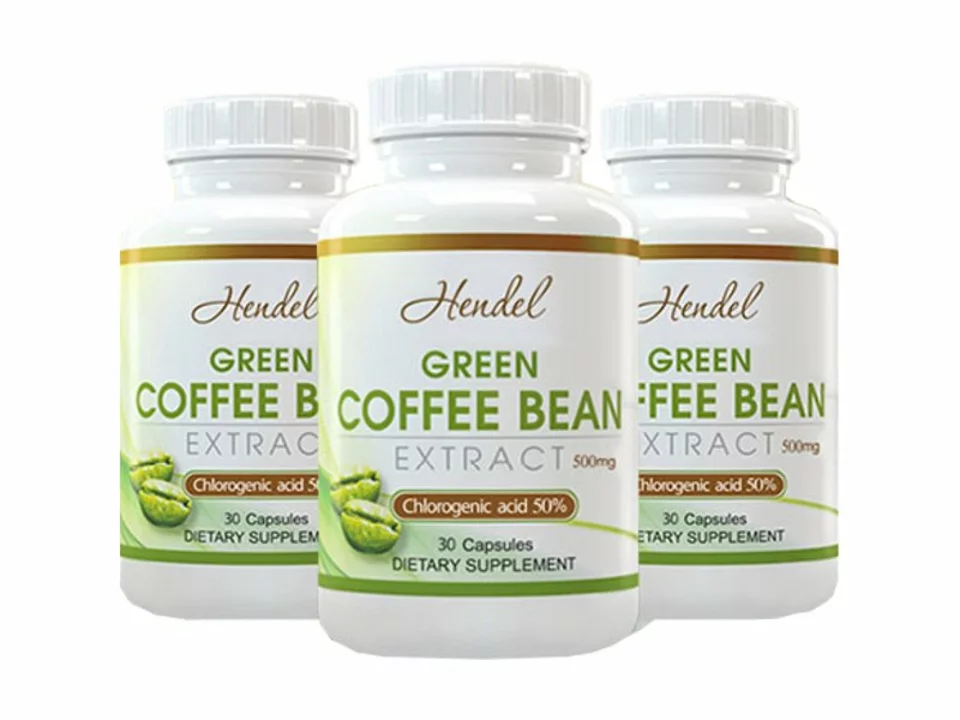Dietary Supplement Guide: What to Buy, What to Avoid
Supplements can help fill real gaps in your diet — vitamin D for low sun exposure, iron for confirmed deficiency, or omega-3s when you don’t eat much fatty fish. But they’re not magic. A good supplement plan starts with a clear reason, a test or diagnosis when needed, and basic safety checks before you order or take anything.
How to pick a good supplement
First, ask: why do you want this supplement? If it’s for general health, a standard multivitamin might be enough. If it’s for a specific issue—low B12, joint pain, or low vitamin D—get a lab test or talk to your clinician. Look for products that list amounts in milligrams or micrograms, not vague terms like “proprietary blend.”
Check for third-party testing. Look for seals from NSF, USP, or ConsumerLab. These groups test for label accuracy and contaminants. If a product lacks a recognized seal, read reviews and stick to brands with transparent sourcing and clear contact information.
Choose the right form. Some nutrients absorb better in certain forms: methylcobalamin for B12, methylfolate instead of folic acid for some people, or triglyceride-form omega-3s for better absorption. For probiotics, a clearly stated CFU count and strain IDs (e.g., Lactobacillus rhamnosus GG) matter more than glossy packaging.
Safety: interactions, dosing, and storage
Supplements can interact with drugs. For example, vitamin K can reduce warfarin’s effect; St. John’s wort can cut levels of many prescription meds; high-dose vitamin E may thin the blood. Always check interactions with your doctor or pharmacist before adding a new supplement, especially if you take prescription meds.
Less is often more. Avoid megadoses unless a clinician prescribes them. Fat-soluble vitamins (A, D, E, K) can build up and cause harm. Follow label directions and use a pill organizer or app to track doses. For children and pregnant people, only use supplements recommended by a provider.
Store supplements in a cool, dry place and respect expiration dates. Heat and humidity can reduce potency. If a product smells off or changes color, toss it. Don’t assume “natural” equals safe; herbs can be powerful and carry risks.
Finally, track results. Keep a short log of symptoms, energy, sleep, or lab values to see if the supplement helps. If nothing changes after a reasonable period (often 8–12 weeks for many nutrients), stop and reassess with a clinician.
Want quick picks? For most adults, evidence supports vitamin D when levels are low, omega-3 for heart and brain support, and a basic multivitamin for poor diets. But personal needs vary. Use tests, trusted brands, and a simple safety checklist to get benefits without surprises.




